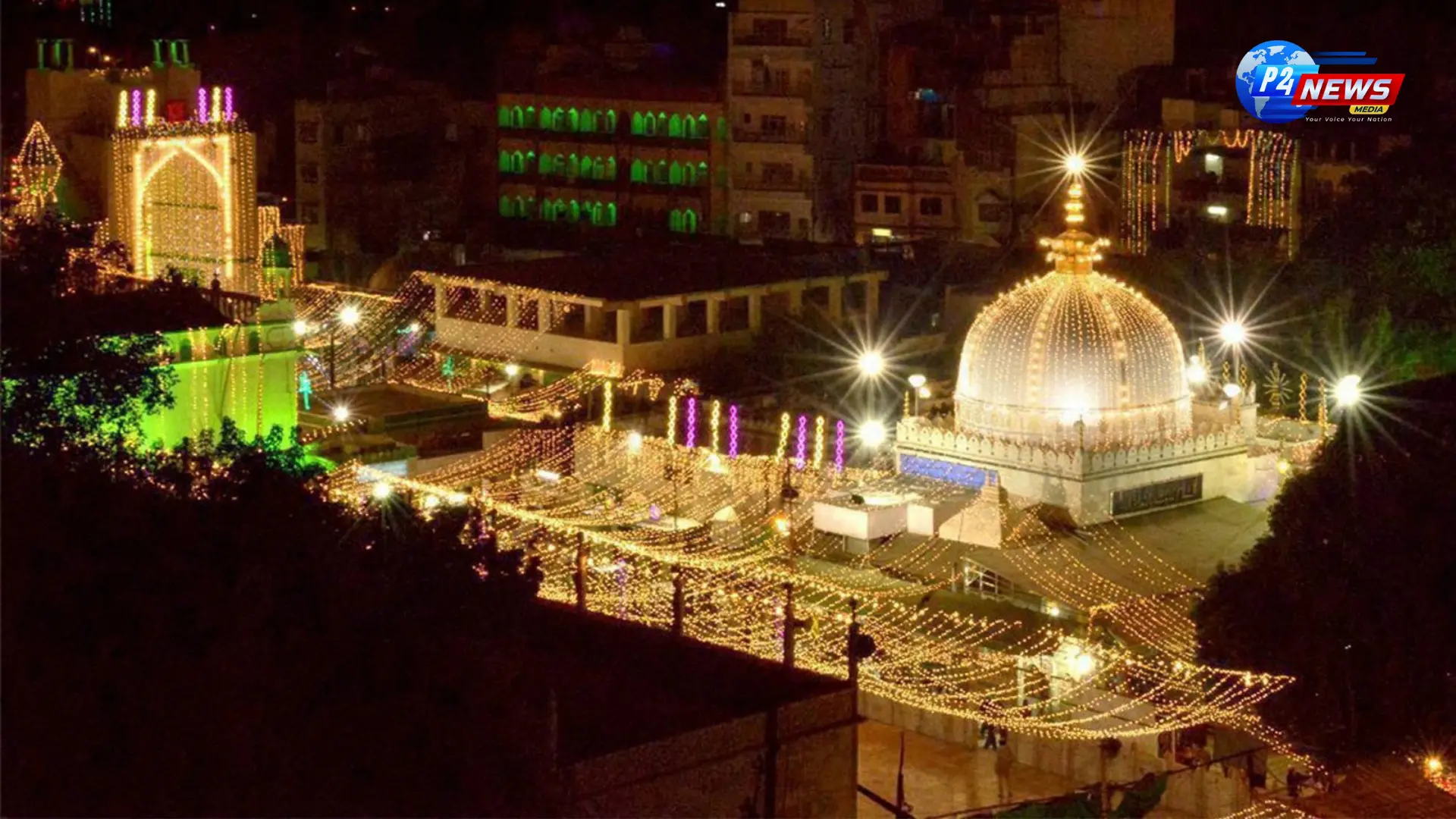A recent court ruling to survey the Ajmer dargah claiming the existence of a Shiva temple beneath it has ignited significant political discourse in India. This development comes in the wake of similar disputes concerning religious sites in other regions. The ruling has prompted mixed reactions, highlighting the sensitive intersection of faith, history, and politics in the country.
In a significant ruling, an Ajmer court has taken up a petition asserting the existence of a Shiva temple located underneath the famous Ajmer dargah. This decision has led to a fervent political discussion, particularly in light of similar claims regarding other contentious religious sites in Mathura, Varanasi, and Dhar. Following the court’s ruling, opposition leaders have expressed their concerns, especially considering Prime Minister Narendra Modi's recent gesture of sending a chador to the dargah.
BJP leaders have defended the court's decision, stating that investigating the potential existence of temples beneath these disputed religious sites is a valid course of action. Union minister Giriraj Singh remarked, “What is the problem if the court has ordered a survey?” He further alleged that the Congress government has historically favored appeasement, suggesting that had former Prime Minister Jawaharlal Nehru taken decisive action in 1947, the country wouldn't find itself in this predicament today.
The crux of the matter revolves around the Places of Worship (Special Provisions) Act of 1991. This law stipulates that the status of religious structures as they existed on August 15, 1947, should be preserved, with the exception of the Ayodhya site. However, the Supreme Court’s recent endorsement of a survey at the Gyanvapi Mosque in Varanasi has raised questions regarding the interpretation of this law. Chief Justice DY Chandrachud stated that the act does not preclude the determination of the religious character of a place of worship, igniting a debate that has significant implications for minority religious sites across India.
Mehbooba Mufti, the former Chief Minister of Jammu and Kashmir, articulated her concerns, stating that the court's decision has opened a Pandora's box, leading to tensions and violence, such as that witnessed in Sambhal, Uttar Pradesh. She emphasized that this ruling could incite conflict between religious communities, particularly Hindus and Muslims, and lamented the judicial choices that have seemingly undermined the status quo established by the Supreme Court.
Political leaders from various parties have weighed in on the topic, with Samajwadi Party MP Mohibbullah Nadvi expressing that the situation is alarming, and questioning the motivations behind these claims targeting specific communities. Rajya Sabha MP Kapil Sibal articulated his concern about where the nation is headed, suggesting that political gains might be driving these contentious disputes. Meanwhile, AIMIM leader Asaduddin Owaisi insisted that adherence to the 1991 Places of Worship Act is essential for maintaining constitutional integrity.
Amidst these discussions, the petition concerning the Ajmer dargah has demanded that Hindus be granted the right to worship within the shrine, with Vishnu Gupta, the leader of the Hindu Sena, asserting that the dargah should be recognized as Sankat Mochan Mahadev Temple. He has even suggested that if the dargah has any official registration, it ought to be nullified, advocating for an archaeological survey conducted by the Archaeological Survey of India (ASI).
The historical context of the Ajmer dargah is essential for understanding its significance. Founded by the Sufi saint Khwaja Moinuddin Chishti from Persia, it has been a revered site for centuries, with Emperor Humayun constructing the shrine and Akbar visiting it annually. The current tensions reflect an ongoing struggle between historical narratives and contemporary political ambitions, echoing concerns regarding the preservation of communal harmony in India's diverse society.
















Comments 0